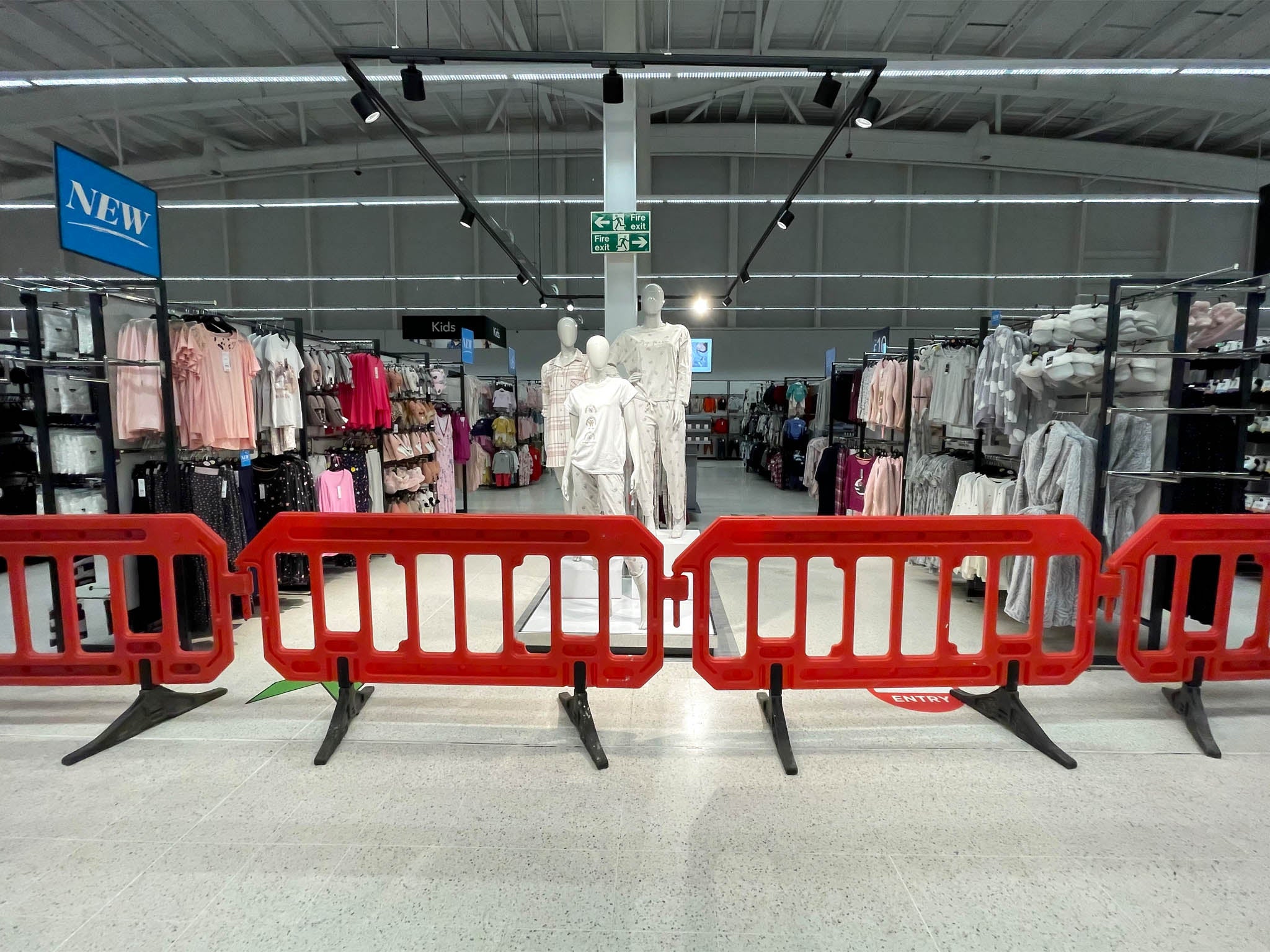Clothing and food prices rise, pushing inflation to 0.7% in October
Prices for recreation and culture fell, reflecting reduced demand for foreign holidays and lack of new cinema releases

Higher prices of food and clothing pushed inflation higher in October, official figures show.
The Consumer Prices Index rose to 0.7 per cent, up from 0.5 per cent the month before but still well below the Bank of England's target rate of 2 per cent. Analysts had forecast that the measure of annual rises in living costs would remain flat.
Including housing costs, the inflation rate was 0.9 per cent in October, the Office for National Statistics (ONS) reported.
Prices for recreation and culture fell, reflecting reduced demand for foreign holidays and a lack of new cinema releases as studios held back blockbuster movies.
Transport costs rose slightly despite falling prices at the pumps. Petrol and diesel prices both dropped by 0.1p per litre between September and October 2020, to 113.2 and 118.1p per litre respectively.
Gas prices dropped by 12.3 per cent and electricity prices slumped 3.2 per cent between September and October.
Jonathan Athow, deputy national statistician at the ONS, said: “The rate of inflation increased slightly as clothing prices grew, returning to their normal seasonal pattern after the disruption this year.
“The cost of food also nudged up, while second-hand cars and computer games also all saw price rises. These were partially offset by falls in the cost of energy and holidays.”
Hannah Audino, an economist at PwC, said: “The gradual increases in consumer prices could be temporarily cut short next month, as England’s second national lockdown in November restricts activity and demand for things like fuel.
“In the run-up to Christmas, however, we could see a further pick-up in household spending, which could put upwards pressure on prices.”
With price rises significantly below the target level of 2 per cent, the Treasury and Bank of England have more room to stimulate the economy without fear that inflation could spiral out of control.
Continued low inflation will raise pressure on the Bank to create more money and on the government to invest it.
Boris Johnson revealed his green stimulus measures on Tuesday. Environmental campaigners welcomed the ambition behind the 10-point package but immediately cast doubt on the claim that £12bn would be spent on slashing carbon emissions.
Put on the spot, Alok Sharma, the business secretary, admitted: “Yes, around £4bn of this is new money – other money is money that has been pledged previously or, indeed, at the last Budget.”
Countries including France and Germany have announced larger stimulus plans.
Join our commenting forum
Join thought-provoking conversations, follow other Independent readers and see their replies
Comments
Bookmark popover
Removed from bookmarks